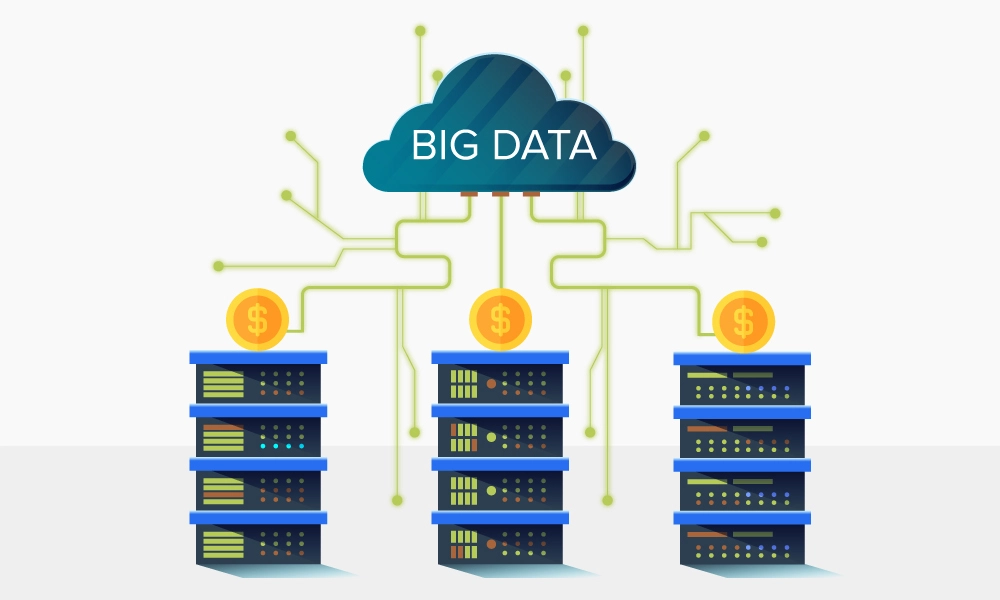The vast growth of data and technological advancements have significantly transformed the way industries operate and compete. Today, businesses in the finance industry are continuously adopting data-driven approaches to amplify investment decisions and attain consistent returns.
The availability of big data analytics has provided a powerful way for businesses to make better and more accurate predictions when it comes to financial decisions. However, the relevance of the technology is going beyond predicting the credit score or share price; big data is revolutionizing the entire financial space.
Many are still questioning the long-term implications of a data-driven approach in the finance sector and everything that surrounds it. Let us look at some examples of how big data is being used by businesses to offer better financial services.
Customer experience
Personalized services have been a long priority for the financial sector when dealing with customers. This stands true for businesses looking for acquiring new customers and retaining the old ones.
Big data has helped them to understand the user behavior and spending habits through the analysis of vast data they store. These deep insights into customers’ financials have helped businesses to offer superior experience through more personal recommendations while offering financial products and services.
Fraud detection
Security and fraud are amongst the major concerns of businesses operating in the finance sector. As technology has advanced dramatically, businesses in the industry and their clients are more susceptible to fall victim to frauds and cyber heists.
Big data helps to identify anomalies in the behavioral patterns of customers and alert businesses about them. For example, money transfer from a user’s bank account to suspicious accounts can be easily traced by analyzing user accounts. Big data analysis enables cybersecurity teams to track financial frauds faster and more accurately.
Decisioning and forecasting
Big data carries enormous potential for the investment and lending companies in the market. Many have implemented predictive systems that are designed to understand the market forces, digest vast data, and then reveal decisions based on deeper insights and precise analysis of trends.
Credit scoring is one of the finest examples of the value that a data-driven approach can offer in the finance sector. Today, modern lenders have access to vast data which they utilize to calculate the score that accurately describes the creditworthiness of the borrower.
Apart from the above implications of Big Data, the technology has opened new revenue generation opportunities for banks and financial institutions. Big data has significantly helped them by channelizing their efforts to offer services that are a much closer match for specific consumers.
The bottom line
Despite the industry’s increasing adoption of big data, certain challenges still exist in the finance market. The prime concern for the industry is to maintain the privacy standards while analyzing customers’ data. The adoption of directives like PSD2 and GDPR has added to the difficulties. Furthermore, the sheer volume of data requires more sophisticated techniques to obtain accurate results.
In spite of market challenges and strict regulations, we believe that big data will transform the financial landscape. The industry will continue to grow by capitalizing on user data and disruptive technologies.




